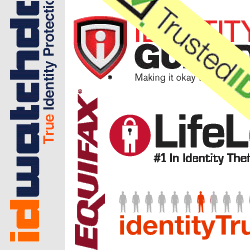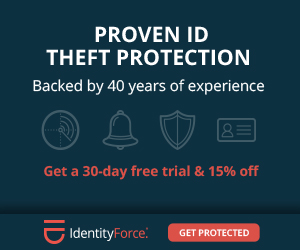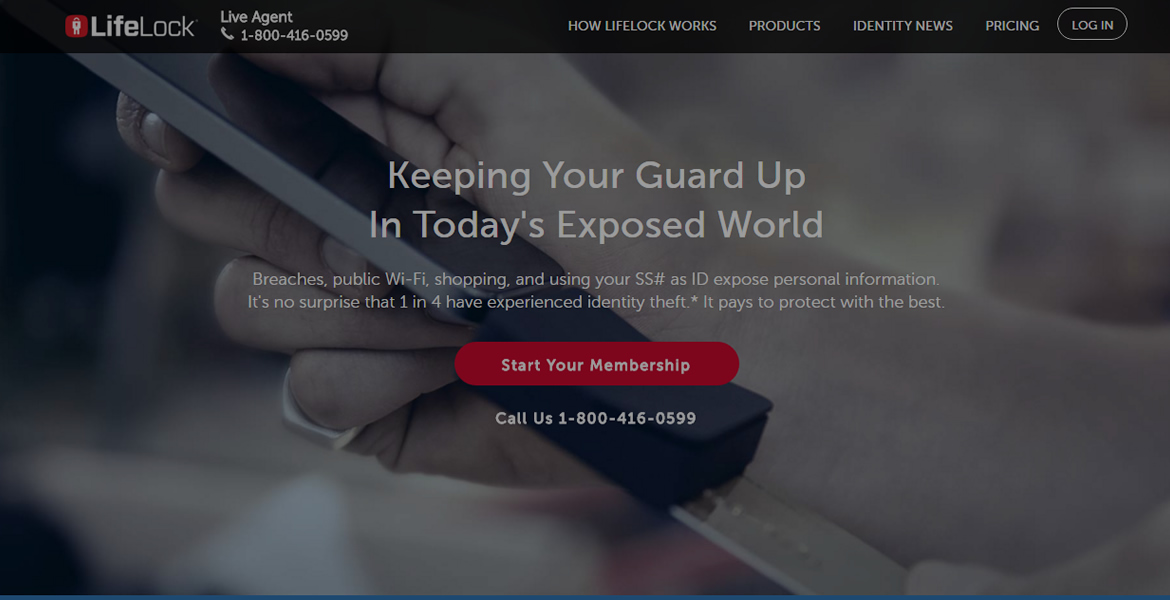
Fraud Alerts and Credit Freezes are two processes that under the Fair Credit Reporting Act (FCRA), a consumer can use to help protect their credit. These are two of the many tools Identity Protection services use to protect your credit file and while you may find value in having a company place and renew these alerts on your credit file for you, they are available to you at no cost. Knowing and understanding how these processes work can help you evaluate the value in a commercial service and whether it may be right for you.
Fraud Alerts
A Fraud Alert is simply a notice placed in your credit file requesting creditors to verify your identity before issuing credit in your name. The law states that they must use “reasonable policies and procedures” to verify your identity which usually means making a call to the phone number on file in your report.
There are two types of fraud alerts: initial and extended. A consumer can place an initial fraud alert for any reason which will last for 90 days and can be renewed indefinitely. To place an initial fraud alert simply call any of the toll free numbers for any one of the three major credit reporting agencies which will be required to contact the other two. Please visit our Resource Page Link for contact info. After placing an initial fraud alert on your credit report, you are entitled to one free credit report from each of the reporting agencies. You also have the option of having only the last four numbers of your social security number appear on your credit report.
An extended fraud alert is almost identical to an initial fraud alert with the main exception that it will last for seven years. To obtain an extended fraud alert on your file you will need to provide the credit reporting agency with an Identity Theft Report. This report can be easily obtained through your local law enforcement agency or a report through the Federal Trade Commission (FTC). You can file a report with the FTC here. Link Some additional protections an extended fraud alert provides are the requirement that the consumer reporting agencies remove you from junk mail lists for five years and instead of one free annual credit report, you are entitled to two free annual credit reports from each consumer reporting agency.
Credit Freezes?
Credit Freezes differ from fraud alerts by literally locking your credit file. With a fraud alert, a potential lender can get access to your credit file as long as they take steps to verify your identity, which means that although they are required to take extra steps to access your file, the fraud alert does not prevent from getting your credit report. With a few exceptions for existing accounts, a credit freeze actually stops access to the consumer report as well as the credit score. A credit freeze will remain in effect until you remove it or lift it temporarily. A credit freeze is generally regarded as one of the most effective identity theft prevention tools available.
The laws governing credit freezes vary from state to state. While fraud alerts are federal rights intended for victims of identity theft, the availability of credit freezes depend or a consumer reporting agency’s policies. There is usually a nominal fee to place a credit freeze which varies by state and in most cases; credit freezes are free for identity theft victims. Visit the Identity Theft Resource Center’s state and local resource map Linkto see what the credit freeze laws are in your state.
It is important to plan ahead if you need to access to your credit file for any reason. It usually takes a few days and possibly a week to temporarily remove your freeze so a potential creditor may view your file. Although there is no negative effect on your credit file or score for having placed a credit freeze, it will interfere with you being approved for “instant” credit. This is an important
consideration to keep in mind.
What are the limitations?
While fraud alerts and credit freezes are useful and effective tools in preventing identity theft, there is no guarantee those employing these tools will prevent identity theft. While fraud alerts and credit freezes will make it far more difficult for identity thieves to open new accounts, it does nothing to stop or address an ongoing problem. It is important to understand that fraud alerts and credit freezes are proactive tools and work very well in preventing potential identity thieves from opening credit accounts without your knowledge. It will not prevent fraudulent activity on your existing accounts.
Also while the law requires creditors to verify your identity, some do not comply or just make cursory calls. Other creditors may not use credit reports and therefore will be unaware of the fraud. There are companies that will extend credit without looking at your report. However, if that occurs, your liability in that case may be questionable if you can point to an existing credit freeze or fraud alert.
Who do we like?
For this type of protection, TrustedID offers the most comprehensive protection. You may wonder why we didn’t choose a service like Equifax’s ID Patrol with its ability to lock and unlock your Equifax credit file without additional cost.. If it allowed you to lock and unlock all the credit reports and not just Equifax’s, they would be our top pick. Unfortunately, they only provide that service for their report and leave you no option for Transunion or Experian. TrustedID allows you to lock and unlock all three credit files with CreditLock. There is an additional charge and a small processing fee but no other service provides this option and is why TrustedID is our top choice for Fraud Alerts & Credit Freezes.










